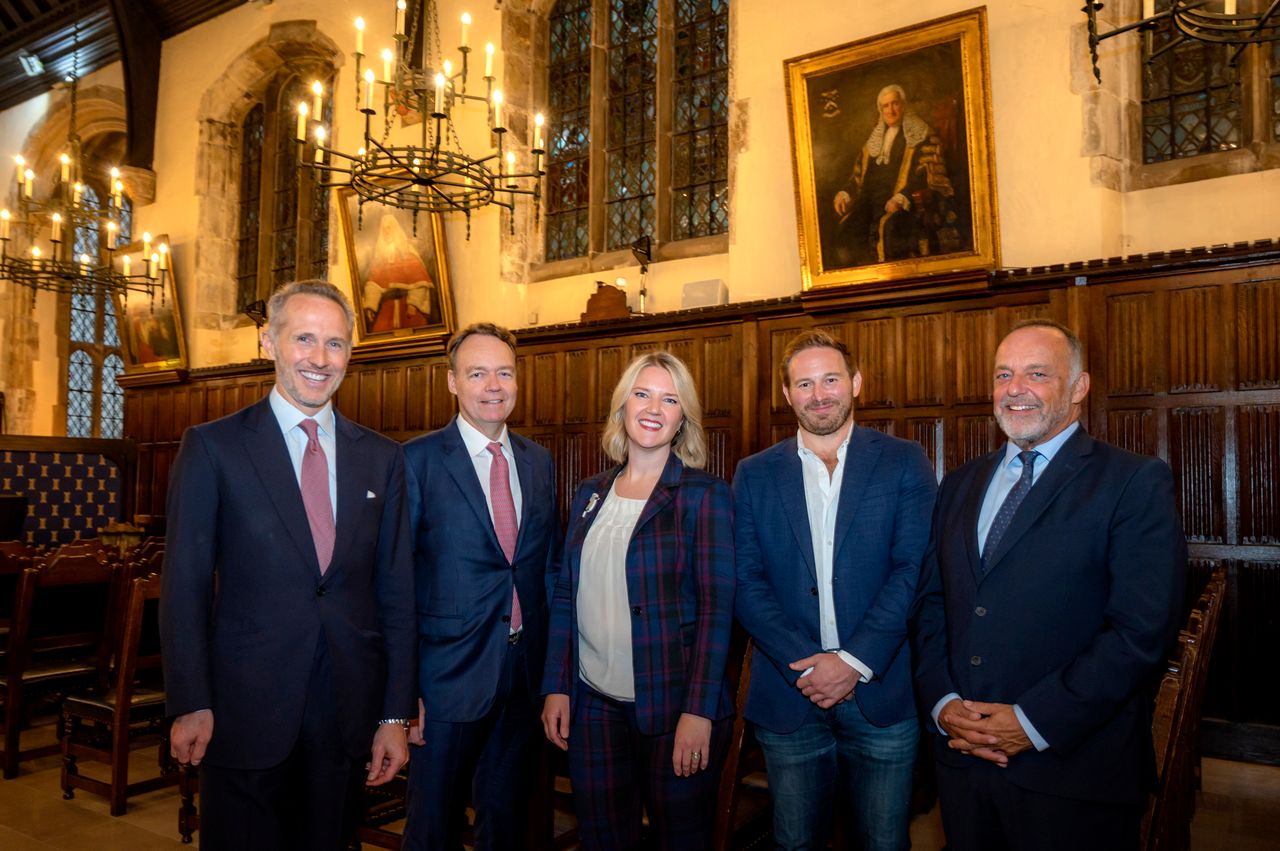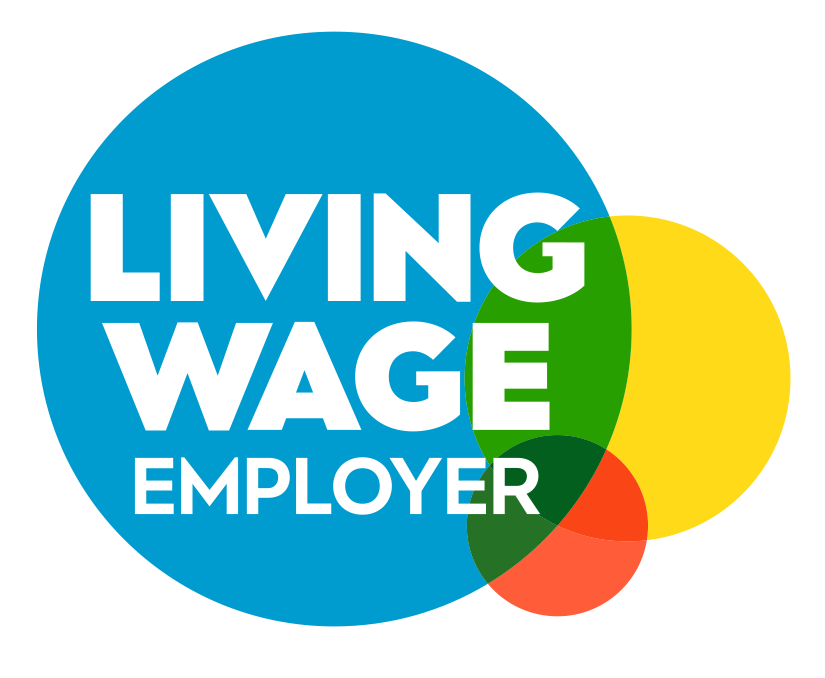On Wednesday, 17 September 2025, Atalanta’s CEO, Elizabeth Ames, took part in the Britain-Australia Society’s inaugural ‘Great Debate’ focused on the topic ‘Is Australia Still the Lucky Country?’. Moderated by Sir Clive Cowdery of Resolution Life, the other panellists included Andrew Low of the Australian British Chambers of Commerce and Will Kingston, a Spectator Journalist.
Following on from the recent publication of Andrew’s book of the same name, a modern response to Donald Horne’s famous 1964 quote in ‘The Lucky Country’ that Australia is “run mainly by second-rate people who share its luck”, the debate asked questions around governance, policy, and national identity. Drawing on her experience as a former diplomat and trade negotiator, Elizabeth brought a unique perspective on Australia’s people, politics, and policies.
The panel discussed the positives of Australians famously egalitarian and direct approach to business and public life, but noted the importance of cultural sensitivity in building lasting bilateral and diplomatic links. Reflecting on this, Elizabeth recalled her role in supporting then Australian Foreign Minister Julie Bishop to ease tensions after then Prime Minister Tony Abbott’s remark that he would “shirtfront” President Putin. The panel also noted the contradictions in Australia’s identity, shaped by “tall poppy syndrome” and its image as the UK’s - or increasingly America’s - “younger sibling.”
Australia’s political system was a central focus of the discussion. Compulsory voting, often criticised by libertarians, encourages parties and the media to engage with voters on practical, day-to-day issues. Combined with preferential voting and an independent electoral commission, Australia's electoral system promotes legitimacy, fair representation, and prevents extremist voices from gaining traction. The system also enables smaller, mission-driven parties to thrive, offering a model for other democracies.
With private healthcare growing in the UK, the panel argued that the UK could learn from Australia’s private-public hybrid system, which enables the two sectors to learn from one another and fosters innovation while maintaining accessibility.
Immigration, a top concern for modern democracies, was also addressed. Elizabeth outlined the four key areas that need addressing to counter growing community backlash to immigration: balancing competitive growth, expanding housing supply, diversifying communities to avoid homogenisation, and supporting integration through compulsory civics classes for all new migrants as done in France.
While Australia, like many modern democracies, faces challenges ahead, the panel agreed that its model remains influential. Reflecting on Horne’s comment, they argued that Australia works for the average person and agreed that they had all been lucky to grow up down under.
At Atalanta, we are lucky to have a diverse senior leadership team that brings unique global perspectives to all of our work. We are proud to represent these in public, engaging in thoughtful debates and thinking about the potential for countries and organisations to learn from each other.
If you would like to learn more about Atalanta’s work and how we support clients in navigating international partnerships and policy insights, please click here or get in touch with us through this form.
To watch the debate in full, follow this link.




